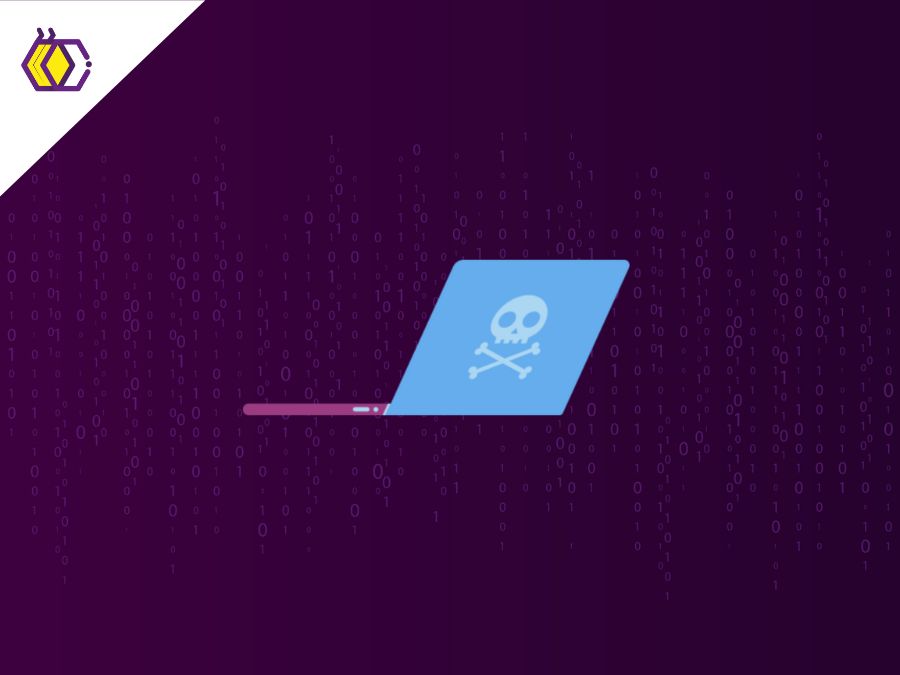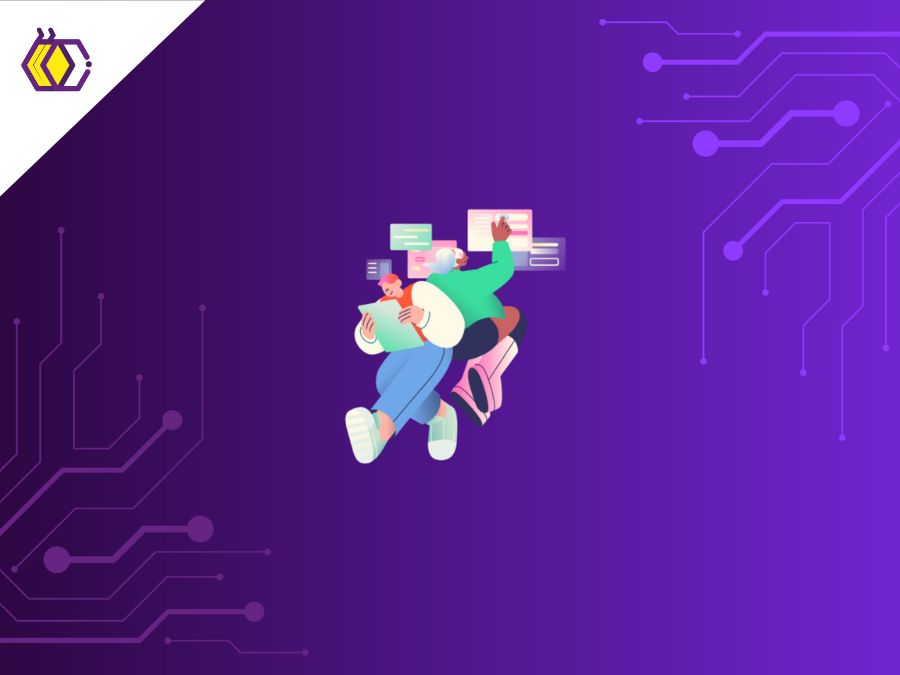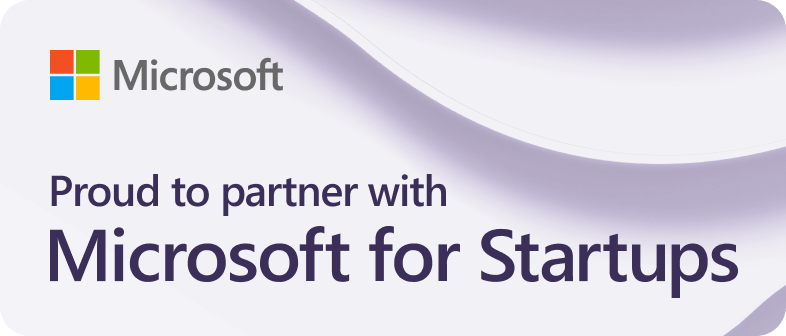
How Many Programming Languages Are There?
(14 minutes of reading) Programming languages are the foundation of all digital technology. They are the building blocks used to create computer programs, applications, websites, and software systems. With around 1300 programming languages in existence today, it can be hard to know where to start. There are some important criteria you should consider when selecting a programming language: speed of development, cost, and code complexity. For example, Python is an easy-to-learn language that allows rapid prototyping. Its simple syntax makes it suitable even for beginners. On the other hand, C++ is considered a complex language, but it offers powerful performance features, making it suitable for large projects that require high levels of efficiency or accuracy. Ultimately, the choice comes down to the project requirements and preferences of each individual programmer or team. HOW MANY PROGRAMMING LANGUAGES ARE CURRENTLY? As mentioned earlier, programming languages are the building blocks of technology. They are the tools that power modern software, websites, and mobile apps. But with so many options available, it can be hard to keep track of how many programming languages there are today. According to recent data from the TIOBE Programming Community Index, there are currently over 1,300 programming languages in use worldwide. This includes popular languages like Java and C++, as well as newer ones like Rust and Elixir. While some of these languages share similar features and syntax, each is unique in its own way and offers developers a number of advantages for various types of projects. As programming continues to evolve over time, new languages will undoubtedly emerge to meet ever-changing user demands. TYPES OF PROGRAMMING LANGUAGES Writing code is a skill that requires knowledge of specific programming languages, as each language has its own set of features and capabilities. There are many different types of programming languages available to developers today, all of which have specific uses in web development, app creation, data analysis, and more. There are four main categories of programming languages: imperative, functional, logical, and object-oriented languages. Imperative or procedural languages are the oldest models of all and their execution is based on commands and data storage. Functional languages are strongly based on the concepts of mathematical functions, thus avoiding mutable states or data. They emphasize application of functions, in contrast to imperative programming, which emphasizes changes in program state. Logical or declarative languages use a form of symbolic logic as a language. And object-oriented languages, OOP, are based on the concept of objects that can contain data in the form of fields, also known as attributes, and code, in the form of procedures, also known as methods. MOST POPULAR PROGRAMMING LANGUAGES Programming languages are used by developers to create applications and software solutions that drive progress and innovation. From web development to mobile app development, it's important to understand which programming languages are in demand right now. In this topic, we'll look at some of the most popular programming languages that form the foundation of modern computing. PHP PHP is one of the most popular programming languages in the world. The language is extremely versatile and can be used for a variety of applications and websites, from small web applications to large enterprise systems. PHP's popularity stems from its ease of use, scalability, and broad community support. PHP started out as a simple scripting language in 1995, since then has become one of the most popular programming languages, with an estimated 7.3 million developers using it worldwide. It allows programmers to quickly create dynamic web pages and applications that are reliable and secure. In addition, PHP has excellent compatibility with other technologies such as HTML, CSS, JavaScript, and databases such as MySQL. This makes it easy for developers to integrate their code into existing or build projects with minimal effort. SWIFT The world of programming has never been as popular as it is today. With the rise of mobile apps and web development, developers have been looking for top languages to use in their projects. One language that stands out among them all is Swift. Swift is a powerful open-source programming language created by Apple that can be used to create apps for iOS, MacOS, WatchOS and TvOS platforms. The language was developed with the goal of making coding easier and more efficient for developers, giving them the ability to create high-quality applications quickly and efficiently. Swift is also known for its clean syntax, which allows programmers to write code faster while maintaining readability and accuracy. Plus, its modern features like generics, protocols, and closures make it a great choice for creating powerful user interfaces as well as sophisticated algorithms or data structures. GO Go is an open-source language developed by Google to create simple, reliable and efficient software. Go has quickly become the language of choice for many developers because of its simplicity and scalability; it was designed to be easy to learn and use, yet powerful enough to build applications that can handle large amounts of data. It also has support for multiple platforms including Windows, MacOS, Linux, Android and iOS, as well as extensive libraries that make coding simpler than ever. In addition, Go's robust tools provide additional benefits such as automatically formatting code while providing an integrated development environment (IDE) with debugging tools. C/C++ C/C++ are two of the most popular programming languages in the world. Widely used to create software applications and computer games, C/C++ can be found on virtually all types of devices. It's a versatile language that's been around since the 1970s, making it one of the oldest and most popular programming languages out there. Developers love C/C++ because of its flexibility and ability to develop powerful programs. With features such as memory management, runtime performance optimization, cross-platform portability, and the ability to link to other programming languages, C/C++ gives developers a wide range of options when creating their applications or games. Also, as an open-source language, it is always evolving as users share their latest discoveries with others in the community. C# C# is one of the most popular programming languages in the world. Developed by Microsoft as part of its .NET framework, C# has become a must-have choice for professionals and students alike. It is an object-oriented language that allows developers to create everything from simple console applications to complex enterprise solutions. C# is not only powerful and versatile, but it can also be used across multiple platforms. It integrates with Windows, Mac OS X, Linux, Android, and iOS operating systems through Project Mono, which means users can get more out of their code and develop cross-platform apps quickly. JAVA Java is one of the most popular programming languages in the world. It is used by millions of developers and billions of devices around the world, making it a leader in the software development industry. Java is an object-oriented language, which means that it organizes data and code into objects that can be reused across projects. This makes coding simpler and faster for developers, resulting in higher quality software. Due to its versatility, Java can be used for a wide range of tasks such as web applications, mobile applications, enterprise applications, embedded systems, scientific computing and much more. Furthermore, with its easy-to-learn syntax and great multitasking libraries, as well as powerful tools like JUnit for testing applications, it makes Java an attractive choice for developers. In addition, Java has strong support from major technology companies such as Oracle Corporation, which offers a set of tools that help create robust code quickly and easily. PYTHON Python has been used to create some of the most innovative and powerful software applications on the market. Python is a highly versatile language that can be used for web and app development, data analysis, artificial intelligence, machine learning, and much more. With its simple syntax and easy-to-learn design, Python makes programming fun and accessible to developers of all skill levels. Python's popularity can be attributed to its library of useful tools that allow users to rapidly develop complex applications without requiring a deep understanding of coding principles. In addition to its wide array of built-in features, Python also offers extensive third-party libraries that allow developers to work faster and smarter with fewer resources. JAVASCRIPT JavaScript is one of the most popular programming languages in the world and one of the easiest to learn. It can be used to create dynamic web content and add interactivity to websites. Additionally, JavaScript is becoming increasingly important for mobile apps on iOS and Android platforms. JavaScript's popularity lies in its ease of use and portability across different browsers and operating systems. It allows developers to quickly integrate their code into any application, regardless of its underlying structure or language. Furthermore, with a variety of powerful libraries available for advanced coding tasks, JavaScript has become an essential tool for developing sophisticated online applications such as e-commerce stores or social networks. What did you think of our article? Be sure to follow us on social media and follow our blog to stay up to date!
Share this article on your social networks:
Rate this article:
Other articles you might be interested in reading
- All (185)
- Career (38)
- Competitions (6)
- Design (7)
- Development (112)
- Diversity and Inclusion (3)
- Events (3)
- History (15)
- Industries (6)
- Innovation (38)
- Leadership (8)
- Projects (23)
- Well being (18)

Cloud Computing and Digital Transformation and Social Impact
(5 minutes of reading)
In recent years, we have witnessed a quiet revolution that is fundamentally reshaping the way we live and work. At the center of this transformation is cloud computing, a technological innovation that transcends physical limits and opens up new horizons of possibilities. This text will talk about this subject that is transforming the IT area. Come read!...

Tech in Education
(9 minutes of reading)
In the contemporary educational landscape, technology plays an increasingly crucial role, revolutionizing not only the way students learn, but also how educators teach. As we adapt to a digitally connected world, new trends are emerging that promise to further transform the way education is designed and delivered. Come read this text to learn about the latest trends in educational technology and explore their impact on student development and the evolution of teaching. Come with us!...

Ethical Software Development
(5 minutes of reading)
Developing software is a complex activity that goes far beyond simple coding. It involves a meticulous process of planning, design, implementation, testing and maintenance to create reliable, efficient, and secure systems. However, in addition to seeking functionality and performance, developers must also carefully consider the ethical aspects of the software they are creating. In this text we will talk about ethics and responsibility when developing software. Come read!...

Balance Between Professional and Personal Growth
(6 minutes of reading)
In a world driven by the constant search for professional success, we often find ourselves immersed in our careers, forgetting the fundamental balance between professional and personal growth. As we dedicate hours to coding, solving problems, and advancing our technical skills, it's essential to remember that our journey as human beings go beyond the lines of code. Come read our text and see super cool tips on how to achieve this balance!...

How to Highlight Programming Competition Awards on your CV
(6 minutes of reading)
In a field as dynamic as software development, it is crucial to stand out from the crowd. An exceptional way to do this is through recognition and awards won in competitive programming competitions. In addition to demonstrating your superior technical skills, these awards attest to your ability to solve complex problems, collaborate as a team, and deliver exceptional results under pressure. Today we will talk about the curriculum and competitions, are you interested? Come with us!...

Open Source and Collaboration
(5 minutes of reading)
If you're ready to start exploring the world of open source, be aware that you will encounter many learning opportunities and challenges. Collaboration is at the heart of this environment, driving innovation and influencing the direction of technology. Come read our text to find out more about this subject!...

 Innovation
Innovation 

